What Is Porcelain Skin And How To Achieve It Naturally ?
Get that flawlessly smooth and clear skin with readily available kitchen ingredients.
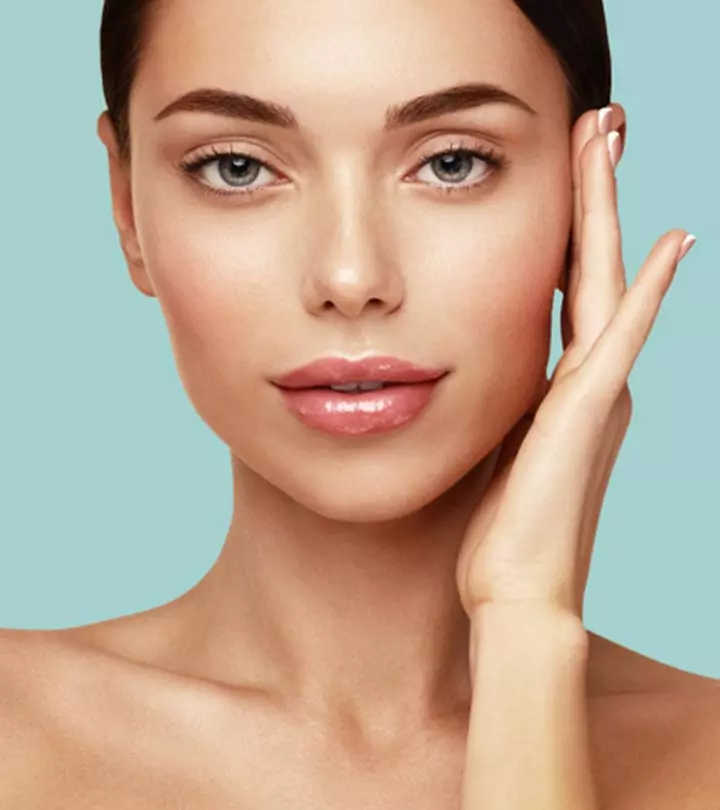
Image: Shutterstock
While beauty trends come and go, one thing that never changes is every woman’s desire for flawless and healthy skin, also known as porcelain skin. Bear in mind that this term refers to anyone with gorgeous and clear skin, regardless of skin color.
This article will cover everything you need to know about porcelain skin, including the differences between porcelain skin and fair skin, how to attain porcelain skin, and home remedies for achieving it. Keep reading to know more!
In This Article
Porcelain Skin – What Is It?


Porcelain skin refers to clear, smooth, and blemish-free skin. It is often described as being translucent and has a hint of yellow or pink undertones. People with porcelain skin generally have flawless and even-toned skin without dark spots or discoloration. They also have smooth skin texture that looks similar to dolls. It is typically associated with a youthful appearance that exudes a healthy and radiant glow.
When it comes to the definition of porcelain skin, it can mean either of the two things:
- As mentioned above, it can refer to someone with smooth, blemish-free, flawless, and even-toned skin. ‘Porcelain’ here refers to actual ceramic porcelain. Once the ceramic clay is heated and cooled into porcelain, it gets a flawless, perfect, translucent, and pore-free quality. In this case, skin tone – whether light or dark – does not matter. People with such flawless skin are often compared to porcelain dolls.
- Certain beauty brands and beauty bloggers use a different definition of porcelain skin. Porcelain skin color, in this case, refers to the translucent white color of ceramic porcelain after it has cooled down. This can be someone with a very light skin tone with more pink than yellow undertones, so their skin is much lighter.
 Fun Fact
Fun FactOverall, porcelain skin tone can also be called translucent skin, which is very pale and almost see-through, with veins showing in some cases. However, it is not the same as fair skin. Learn the difference between the two skin tones in the next section.
Key Takeaways
- Porcelain skin is also referred to as translucent skin.
- You can achieve the same by reducing sun exposure as much as possible and wearing sunscreen when venturing out.
- Follow a skin care routine that is personalized for your skin type.
- You may also go for natural remedies like honey and lemon mask for achieving spotless and smooth skin.
Difference Between Porcelain Skin And Fair Skin

When it comes to skin tones, people usually get confused about porcelain skin and fair skin and often mix them up. However, they are not the same.
In terms of complexion, fair and porcelain skin both tend towards the lighter end of skin tones. However, not everyone with a fair skin tone has clear, radiant, and flawless skin.
Moreover, porcelain skin and fair skin are different when it comes to color. Fair-skinned people have a lighter or paler complexion with a more yellow than pink base. While it is light, it’s a much warmer skin tone than porcelain skin, which has more pink than yellow tones to give a more translucent look.
In terms of complexion, porcelain skin is generally the whitest type of skin. It has approximately 95% pink undertones and 5% yellow undertones.
Fair skin has a warmer tone than porcelain skin since it has more yellow than pink undertones, giving it a slightly darker complexion. Porcelain skin, on the other hand, is mostly translucent white with more pink undertones.
To make it easier to picture, consider Anne Hathaway and Nicole Kidman. Anne Hathaway’s skin has a stunning porcelain sheen, which is so light and smooth that it almost looks like it belongs to a sculpture glowing from within. On the other hand, Nicole Kidman’s fair skin retains its delicate and light texture but has a bit more warmth and color. Both are gorgeous, but there’s a subtle difference in the tones!
Wondering how you can get such clear and blemish-free skin? In the next section, we discuss different ways to get clear porcelain skin.
Ways To Get Flawless Porcelain Skin
You can follow these tips to get porcelain skin:
- Protect Your Skin From The Sun

Too much sun and UV exposure can damage your skin. Make sure not to venture out in the sun without wearing good sunscreen with an SPF of 30-70. The harmful UVA and UVB rays emitted by the sun can cause issues such as hyperpigmentation, dark spots, freckles, and early signs of aging, along with increasing your risk of developing skin cancer (1).
Always use a broad-spectrum sunscreen with at least SPF 30 and PA+++ protection to protect your skin from the harmful effects of the sun. Also, re-apply it every two hours if you are going to be outdoors for long hours. Also, minimize sun exposure by wearing a hat or covering your face with a scarf while venturing outside in the sun.
- Use A Gentle Cleanser Suitable For Your Skin Type
Taking care of your skin requires effort and using the right products. The biggest mistake that most people make is using the wrong products on their skin. To get porcelain-like skin, make sure to read the labels of products carefully and only pick products that are specifically meant for your skin type. It is best to have an expert, such as a dermatologist, examine your skin to choose the best product for you.
For instance, if you have oily skin, it is best to use a gentle gel-based cleanser. For dry skin, use a creamy cleanser. Also, wash your face only twice daily – after waking up and before going to bed – instead of doing so several times a day as it may strip away your skin’s moisture (2).
The way you use your face wash is important too. Pallavi, a beauty blogger, shared her skincare routine in her blog and mentioned how she used her face cleanser. She said, “I have my personal technique which gives amazing results, and has even worked wonders on my friends (i).” She called this technique the 3-4-7 rule which included 3 warm water splashes to open up the pores, face wash application, 4 warm water splashes to wash it off, and 7 cold water splashes to close the pores.
- Follow A Proper Skin Care Routine

Make sure to follow a proper skin care routine that involves deep cleansing, toning, using a porcelain skin-brightening serum, and moisturizing the skin, followed by applying a good sunscreen liberally. Also, invest in a good-quality night cream that can replenish and repair your skin at night while you are asleep, giving you a luminous glow.
Layering (also called sandwiching) your skin care products in the wrong order can make it difficult for them to penetrate your skin. Therefore, follow the skin care regimen in the right order to enhance your facial skin and give it a new life. Apply any makeup only after this routine for the best results.
- Use High-Quality Skin Care Products
When it comes to skin health, never take a chance with poor-quality skin care products. Always use high-quality and dermatologist-recommended products from well-known brands. Since these products are free from any kind of harmful chemicals, they not only keep your delicate skin looking fresh but also offer long-lasting benefits for glowing and flawless porcelain skin.
- Never Sleep With Makeup On

Leaving your makeup on overnight can be disastrous for your skin. It can clog your pores, cause breakouts, dry out, and damage your skin in the long run. Always make it a point to take off your makeup properly using a good makeup remover before going to sleep.
- Use Face Masks
You need to pamper your skin to get blemish-free, porcelain skin. One of the best ways to do this is by using sheet masks or homemade face masks with natural ingredients to nourish and rejuvenate your skin.
- Stay Hydrated
Drinking lots of water is the key to healthy skin. Water helps us flush out toxins from the body. Drinking water regularly also helps the skin get rid of all the harmful toxins and stays moisturized from within. Apart from this, eating lots of fresh fruits and vegetables is a great way to get better-looking skin.
- Avoid Touching Your Face Too Much
Touching your face often can be very harmful as it can make your face oily and also make it prone to various germs and bacteria. Therefore, it is recommended to keep your hands away from your face and resist the urge to pop a pimple or wipe off your sweat.
- Do Not Use Too Much Of Makeup
While makeup is great, overdoing it can do more harm than good to the skin. It can not only irritate your skin but can also cause premature aging, breakouts, and acne. The best solution is to strike a balance and use minimal makeup instead of heavy foundations and concealers daily.
Apart from these methods, given below are some porcelain skin makeup tips you can follow.
Makeup Tips For Porcelain Skin
Face
Make sure to choose a primer that can protect you against the harmful effects of sun exposure, such as photoaging. Using the best makeup for porcelain skin helps you create a smooth canvas on your skin. Use a cream-based concealer, cream bronzer, and color-correcting concealer.
Also, always try to use a cream or liquid highlighter as it does not weigh down your skin.
Lips And Cheeks
When it comes to blush and lipstick for a porcelain skin look, use soft apricot, rosy pink, and sandy pink shades. Avoid pastel colors and too much bronzer. For your lips, go for nude shades.
If you still want to use a bronzer, it is best to avoid warm-toned shades such as coral, red, peach, orange, gold, yellow, and amber.
Eyes
When it comes to eyeshadow, metallic hues enhance that porcelain skin look, along with greens, pastels, and purples. Make sure to avoid colors such as gray, black, deep earthy tones, and white. For brows and lashes, you can experiment with soft taupe.
It is also possible to get porcelain skin using natural remedies. Check some of them out in the next section.
Natural Remedies To Get Porcelain Skin
Your busy and stressful lifestyle often takes a toll on your skin, leading to various skin-related issues such as tanning, blemishes, wrinkles, dark spots, and more. However, there are various home remedies that you can use to get flawless porcelain skin.
I. Honey And Lemon Mask
A honey and lemon mask is one of the most common masks used for brightening the skin at home. Lemon has various skin-lightening properties that help in improving the skin tone and complexion, whereas honey helps keep the skin stay hydrated and moisturized (3).
What You Need
- 5-10 drops of lemon juice
- 1 tablespoon honey
What To Do
- Mix the lemon juice and honey in a glass bowl.
- Apply the mixture all over your face.
- Wait for 10- 15 minutes for the mixture to dry.
- Wash it off with lukewarm water.
Caution: Lemon juice makes your skin photosensitive. Apply sunscreen and avoid stepping out in the sun right after using this face mask. Also, if you have dry or sensitive skin, it is recommended not to use this mask, as lemon juice can make your skin even drier.
II. Egg White And Honey
Honey contains collagen and proteins that help in both treating wrinkles and tightening the skin (4). Egg white is also claimed to possess skin-enhancing properties, though there is no scientific evidence to prove the same.
What You Need
- 1 egg
- 1-2 tablespoons organic honey
What To Do
- Separate the egg white from the yolk.
- Whisk the egg white to a soft and fluffy consistency.
- Mix the organic honey into the egg white.
- Apply the mixture all over your face and leave it on for 25-30 minutes
- Wash it off thoroughly with water.
III. Almonds
When it comes to improving skin complexion, almonds work very well. They are said to help in making the skin soft and smooth. However, there is not enough scientific evidence to prove the same.
What You Need
- 8-10 almonds
- Milk
What To Do
- Soak the almonds in some raw milk for a few hours.
- Grind the soaked almonds to make a fine paste.
- Apply this paste to your face and leave it on for 25-30 minutes.
- Wash it off with normal water.
- Repeat this every once a week for better results.
IV. Orange
Orange is rich in vitamin C. Vitamin C works best in giving an even skin tone by removing sun tan and blemishes (5).
What You Need
- 1 orange
What To Do
- Peel and crush the orange to a pulp.
- Apply the fresh orange pulp all over your face.
- Massage your skin in a circular motion and leave the pulp on for about 10-15 minutes.
- Rinse it off using normal water.
- Repeat this 2-3 times a week to get rid of dead skin cells and help make your skin look brighter and fairer.
V. Gram Flour And Curd
Gram flour and curd mixture is an age-old beauty remedy to get clear and glowing skin. The paste is mostly suitable for oily skin as gram flour helps remove excess oil from the skin, and curd balances it out by retaining the moisture of the skin.
What You Need
- 2-3 tablespoons gram flour
- 2 tablespoons curd
What To Do
- Mix the gram flour and curd to make a paste. Adjust the consistency by adding more curd to it, if needed.
- Apply this paste on your face evenly.
- Leave it on for about 15-20 minutes.
- Rinse it off with water.
 Quick Tip
Quick TipVI. Coconut Oil And Tea Tree Oil
Coconut oil is among the most effective traditional skin moisturizers. It may help alleviate skin conditions by moisturizing and soothing it. Applying coconut oil to the skin may reduce inflammatory markers and protect the skin by enhancing the skin’s natural barrier function (6). Tea tree oil possesses antimicrobial properties and helps improve your overall skin appearance (7).
What You Need
- 2 teaspoons of virgin or cold-pressed coconut oil
- 2 to 3 drops of tea tree oil
What To Do
1. Mix coconut oil and tea tree oil.
2. Apply the mixture all over your face.
3. Massage your face for 3 to 4 minutes.
4. Leave it on for 30 minutes or overnight.
5. Rinse it off with warm water.
Infographic: 5 Amazing Ways To Get Porcelain Skin
Regardless of skin tone, porcelain skin is described as being clear, smooth, and with pink and a tinge of yellow undertones and free of blemishes. Most people with porcelain skin have skin as clear and beautiful as dolls. Read the infographic below to learn about the best ways to get porcelain skin.
Some thing wrong with infographic shortcode. please verify shortcode syntaxIt is every woman’s dream to have clear, flawless skin or, what we commonly call, porcelain skin. Sometimes confused with fair skin, porcelain skin is not defined by one’s skin color. Following a proper skin care routine, drinking plenty of water, and keeping your skin protected from the sun are easy and effective ways to achieve porcelain skin. You can also keep your makeup simple and use natural ingredients such as almonds, orange, or curd to remove dirt from your skin and get that flawless glow.
Frequently Asked Questions
Is my skin ivory or porcelain?
While both refer to the fair or white spectrum of skin color, porcelain is the lightest shade in the white range, followed by alabaster, and then ivory (which is the darkest shade in the white skin tone).
What color is porcelain foundation?
Porcelain foundation is a light pinkish-beige color that gives you a natural-looking, matte finish. You can use it all over the face or also as a spot concealer.
What are some common skin concerns that people with porcelain skin may face?
People with porcelain skin may face sun damage, dryness, redness, breakouts, fine lines, and wrinkles.
Can certain lifestyles, such as diet and exercise, have an impact on the appearance of porcelain skin?
Yes. Lifestyle-based factors such as diet and exercise may have an impact on the appearance of porcelain skin. While a regular exercise routine can help improve blood circulation and promote skin cell turnover, a healthy diet rich in vitamins and antioxidants can help nourish the skin (8), (9).
What are some common misconceptions about porcelain skin?
Common misconceptions about porcelain skin include that it does not tan, it is too sensitive, or it does not need any moisturizer.
How can someone with darker skin achieve a porcelain-like complexion?
To achieve a porcelain-like complexion, protect your skin from sun damage, use skin-brightening products, exfoliate regularly, and keep the skin hydrated.
Can people of all skin types achieve porcelain skin, or is it more suitable for certain skin types?
All skin types can achieve porcelain skin, though the precise method for doing so may vary depending on each person’s specific needs and concerns.
Illustration: What Is Porcelain Skin And How To Achieve It Naturally ?

Image: Stable Diffusion/StyleCraze Design Team
Achieving porcelain skin is the ultimate goal of every woman. Watch this video for simple tips to help achieve smooth, blemish-free, and healthy skin.
Personal Experience: Source
StyleCraze's articles are interwoven with authentic personal narratives that provide depth and resonance to our content. Below are the sources of the personal accounts referenced in this article.
(i) My everyday skin care routine | secretshttps://pallavinv.wordpress.com/2014/12/20/my-skin-care-routine/
References
Articles on StyleCraze are backed by verified information from peer-reviewed and academic research papers, reputed organizations, research institutions, and medical associations to ensure accuracy and relevance. Read our editorial policy to learn more.
- UV Radiation and the Skin
https://www.ncbi.nlm.nih.gov/pmc/articles/PMC3709783/ - FACE WASHING 101
https://www.aad.org/public/everyday-care/skin-care-basics/care/face-washing-101 - The Hunt for Natural Skin Whitening Agents
https://www.ncbi.nlm.nih.gov/pmc/articles/PMC2801997/ - Honey in dermatology and skincare: a review
https://pubmed.ncbi.nlm.nih.gov/24305429/ - Vitamin C
https://ods.od.nih.gov/factsheets/VitaminC-HealthProfessional/ - In vitro anti-inflammatory and skin protective properties of Virgin coconut oil
https://www.ncbi.nlm.nih.gov/pmc/articles/PMC6335493/ - A review of applications of tea tree oil in dermatology
https://pubmed.ncbi.nlm.nih.gov/22998411/ - Effects of exercise on cellular and tissue aging
https://www.ncbi.nlm.nih.gov/pmc/articles/PMC8202894/ - Discovering the link between nutrition and skin aging
https://www.ncbi.nlm.nih.gov/pmc/articles/PMC3583891/ - UV Radiation and the Skin
https://www.ncbi.nlm.nih.gov/pmc/articles/PMC3709783/ - FACE WASHING 101
https://www.aad.org/public/everyday-care/skin-care-basics/care/face-washing-101 - The Hunt for Natural Skin Whitening Agents
https://www.ncbi.nlm.nih.gov/pmc/articles/PMC2801997/ - Honey in dermatology and skincare: a review
https://pubmed.ncbi.nlm.nih.gov/24305429/ - Vitamin C
https://ods.od.nih.gov/factsheets/VitaminC-HealthProfessional/ - In vitro anti-inflammatory and skin protective properties of Virgin coconut oil
https://www.ncbi.nlm.nih.gov/pmc/articles/PMC6335493/ - A review of applications of tea tree oil in dermatology
https://pubmed.ncbi.nlm.nih.gov/22998411/ - Effects of exercise on cellular and tissue aging
https://www.ncbi.nlm.nih.gov/pmc/articles/PMC8202894/ - Discovering the link between nutrition and skin aging
https://www.ncbi.nlm.nih.gov/pmc/articles/PMC3583891/
Read full bio of Dr. Schwarzburg
Read full bio of Arshiya Syeda
Read full bio of Ramona Sinha
Read full bio of Swathi E











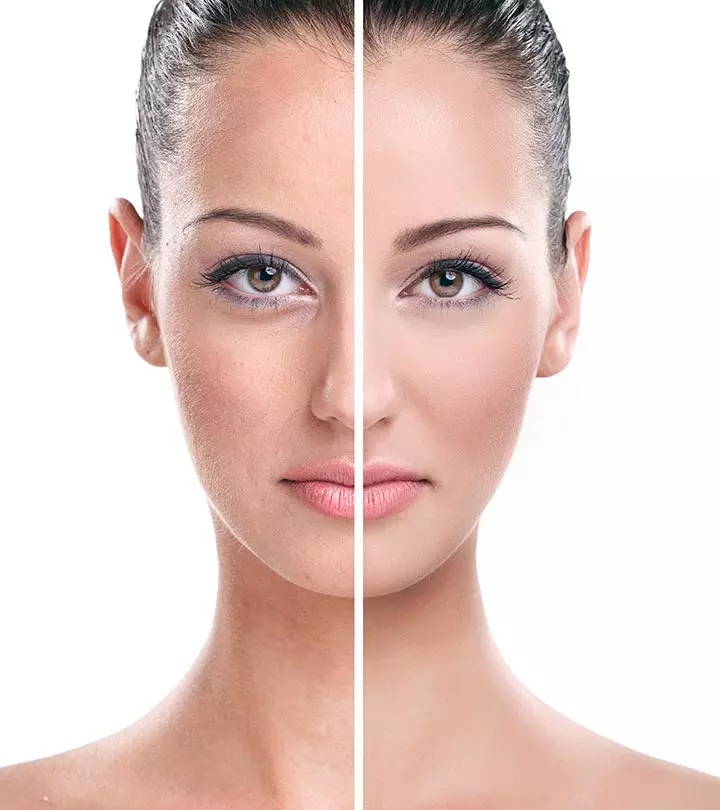

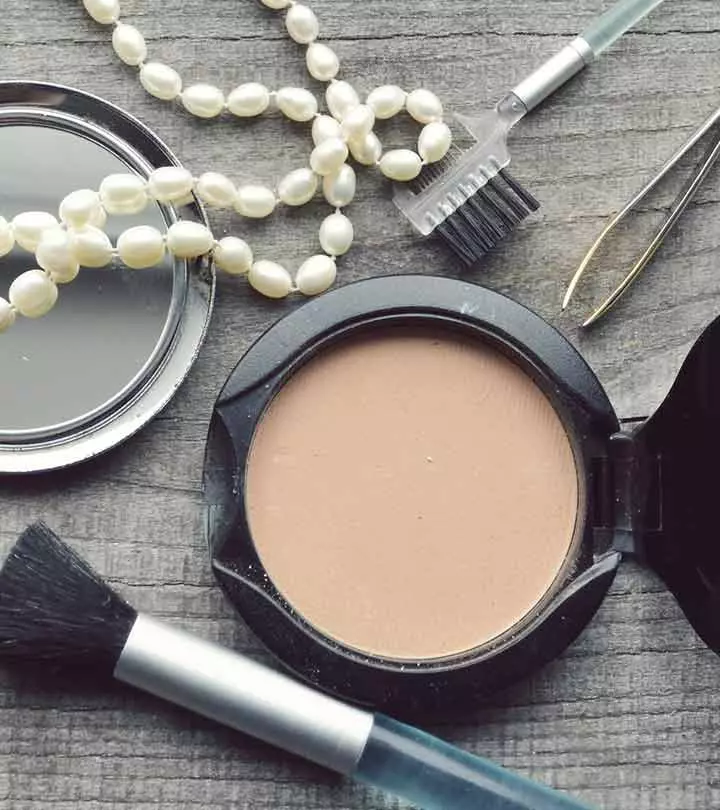


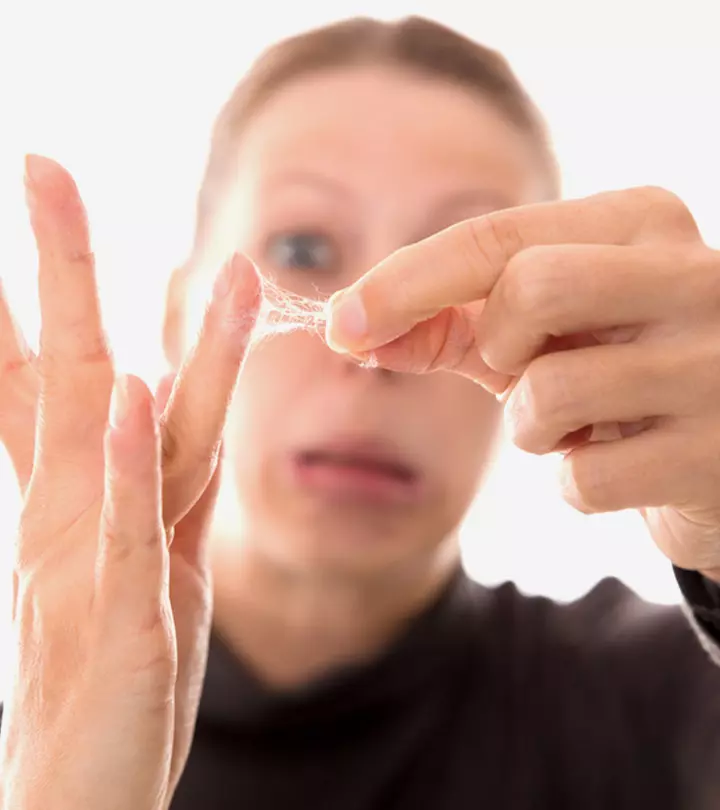
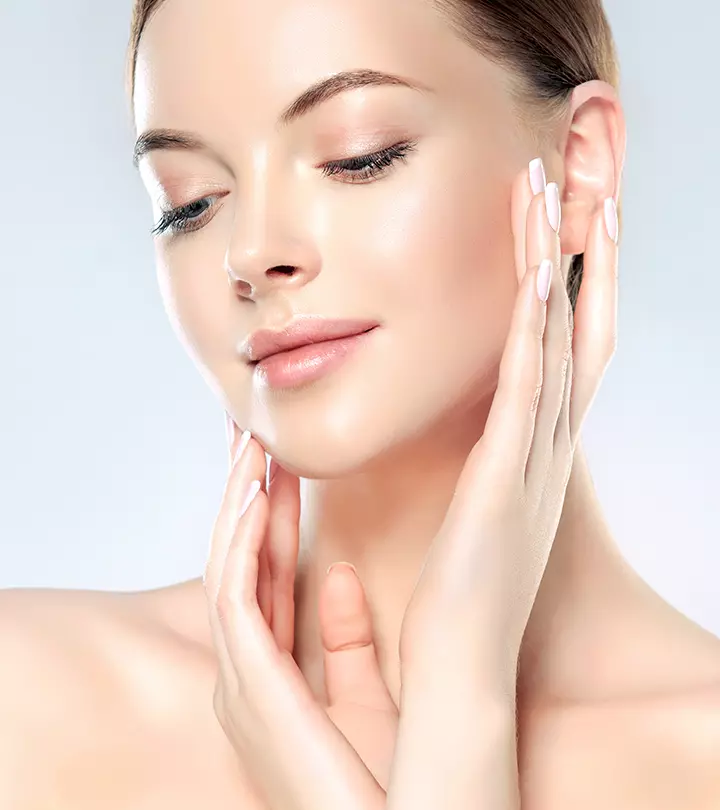
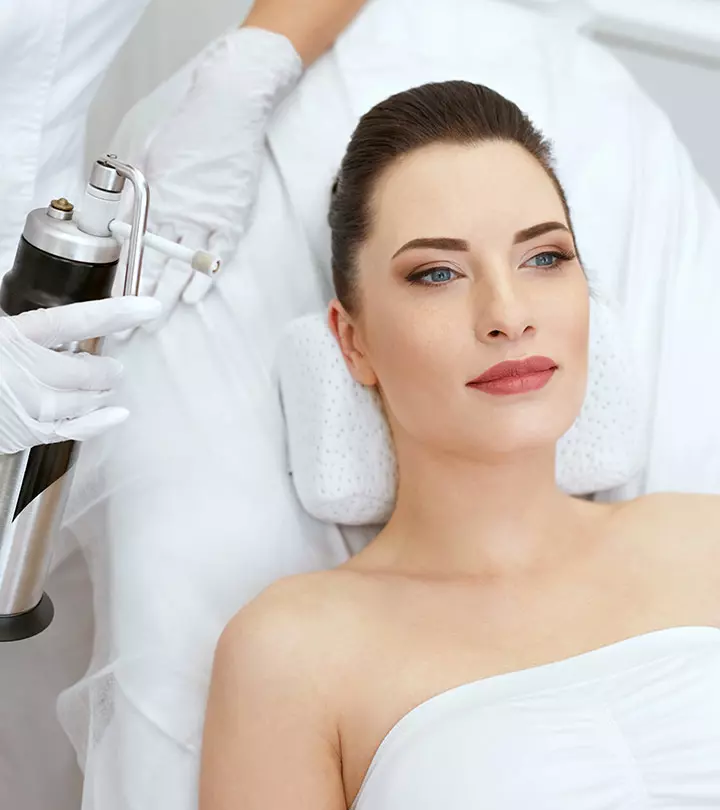


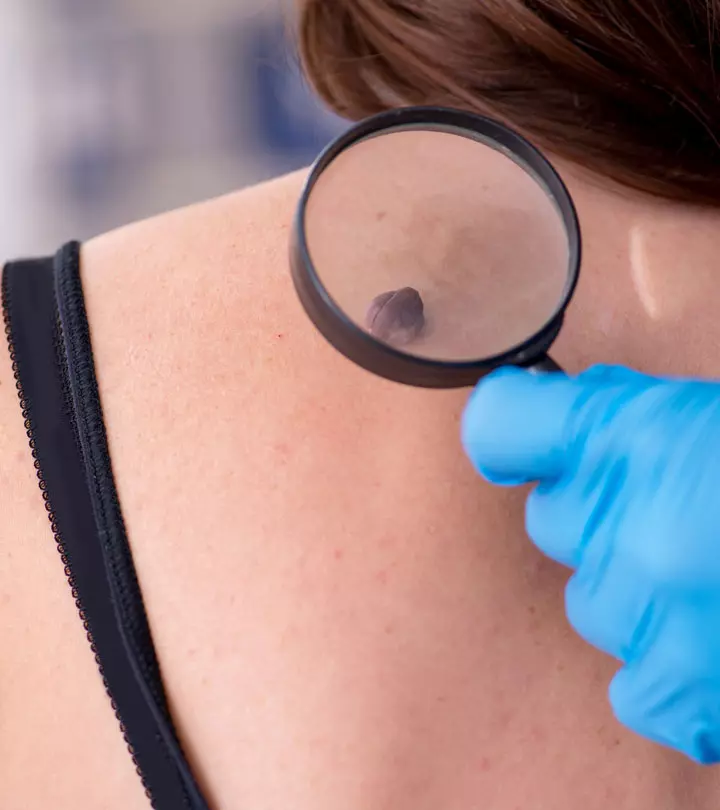



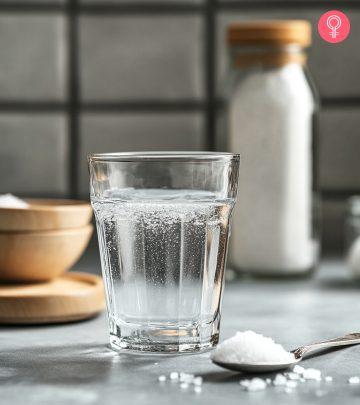
Community Experiences
Join the conversation and become a part of our empowering community! Share your stories, experiences, and insights to connect with other beauty, lifestyle, and health enthusiasts.